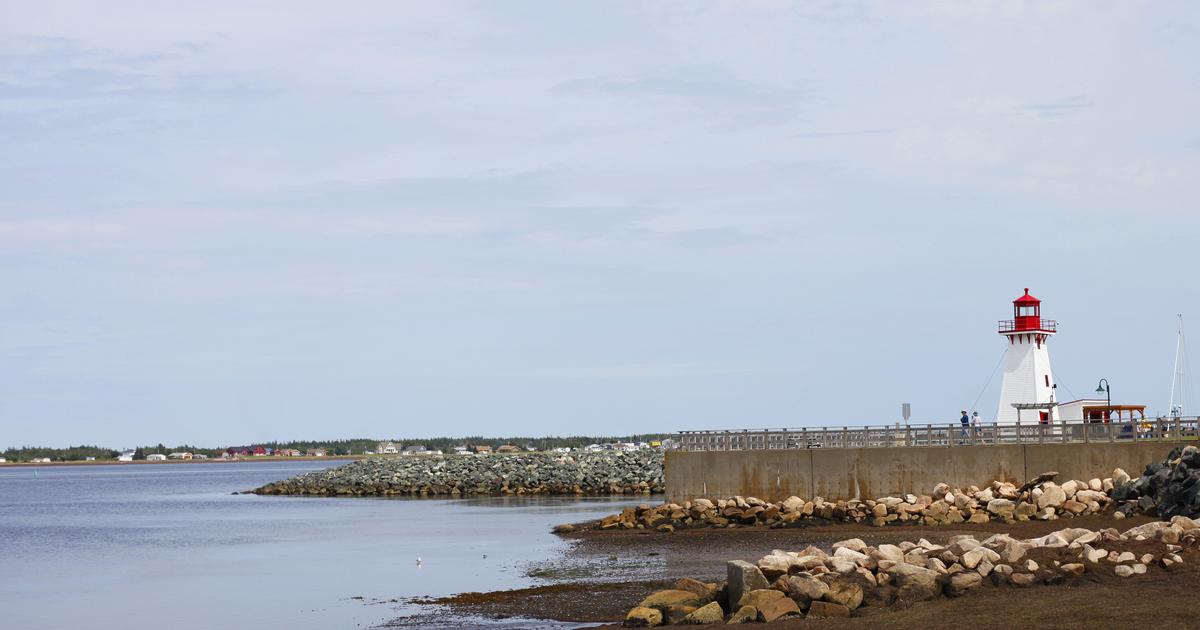This article is taken from the special issue of Le
Figaro “From East to West – Living in Canada”,
available on the
Figaro Store
.
All Acadians carry within them the painful and tragic history of their people.
Mostly from the Poitou region, the first French settlers to form Acadia settled in 1604 on Ile-Sainte-Croix in the French Bay (today Bay of Fundy) and in 1605 in Port-Royal.
Over the decades, the Acadians moved up the shores of the bay and founded the communities of Beau-bassin and Grand-Pré on the north coast of what is now Nova Scotia.
At this time, France and England were fighting over the North American continent.
Acadia is located between the two rival colonies: New England to the south and New France to the north.
In 1713, France ceded this “buffer” territory to the English.
The Acadians decide to stay while refusing to swear allegiance to the British crown.
Despite this, Acadia developed and had nearly 13,000 inhabitants in 1750. This territory without stable borders was then home to a people attached to their French roots, but left at the mercy of English troops.
In 1755, tragedy struck.
England, once again at war with France, decided to settle the fate of the Acadians once and for all.
In a few weeks, these peaceful farmers will be deported in atrocious conditions to England or to American colonies such as South Carolina, Pennsylvania or Georgia.
Families are separated, many deportees die before reaching their destination and villages are destroyed.
Exiled or fugitives, the totally destitute Acadians then experienced a long period of wandering in search of a new welcoming land.
In 1763, the Treaty of Paris sealed the English victory over French forces and New France was ceded to Great Britain.
The entire Canadian territory now belongs to the British.
The Acadians, survivors of this dark period of the mid-18th century, described it as the “Great Disruption”.
A large diaspora
After the Great Disruption, certain Acadian colonies will be allowed to reform, mainly in New Brunswick where Acadians represented in 2021 around a third of the population (29.5%).
In the other maritime provinces of Canada, there are today so-called Acadian French-speaking communities whose mother tongue is French.
As a percentage of population, Prince Edward Island has 3% Acadians, Nova Scotia, 2.9% and Newfoundland and Labrador 0.4%, populations which are therefore strongly minority.
But Acadia is also a diaspora.
It is estimated that there are at least 3.8 million Acadian descendants in the world.
A figure difficult to confirm scientifically but which testifies to the importance of this community.
In Louisiana, they are known as "Cajuns."
Others have established roots in Brittany, notably in the regions of Saint-Malo, Morlaix and Nantes as well as Belle-Île.
In Chantenay, a district of Nantes, a rue de l'Acadie and a memorial recall their history.
While some Acadian descendants still speak French, others have adopted English.
Despite these differences and this distance, the Acadian diaspora remains alive and dynamic.
As evidenced by the World Acadian Congress, organized every five years since 1994, which takes place each time in a different region.
A major festive event, but also one of reflection, this international gathering of Acadian culture aims to strengthen ties between members of different communities.
The next conference will take place in 2024 from August 10 to 18 in southwest Nova Scotia, a group made up of the municipalities of Baie–Sainte-Marie (Clare) and Côtes acadiennes and Yarmouth (Argyle).

